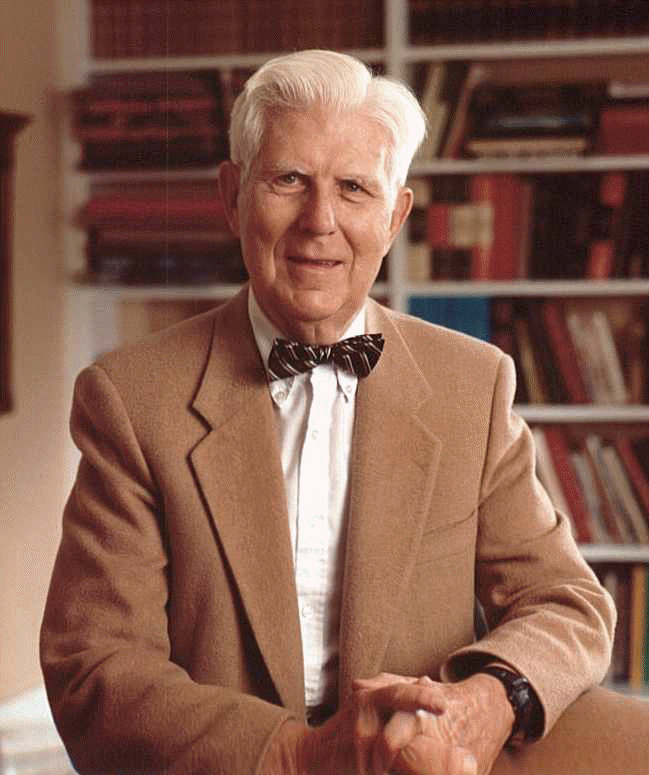
Aaron T. Beck
(1921 - )
A native of Providence, Rhode Island, Aaron T. Beck had an interest in the vagaries of human nature as far back as he can remember. However, he did not pursue this interest until later in his professional career. At Brown University, he was associate editor of the Brown Daily Herald and received a number of honors and awards, including Phi Beta Kappa, the Francis Wayland Scholarship, the Bennet Essay Award, and the Gaston Prize for Oratory. After graduating magna cum laude in 1942, he embarked on a career in medicine at Yale Medical School graduating in 1946. He served a rotating internship, followed by a residency in pathology at the Rhode Island Hospital. Although initially interested in psychiatry, he found the approaches at Medical School to be nihilistic and unrewarding and decided on a career in neurology, attracted by the high degree of precision that characterized this discipline. During his residency in neurology at the Cushing Veterans Administration Hospital in Framingham, MA, a required rotation in psychiatry intrigued him with some of the more recent developments in the field. He decided to explore further developments in psychotherapy. He spent two years as a fellow at Austin Riggs Center at Stockbridge where he acquired substantial experience in conducting long-term psychotherapy. The Korean War shifted Beck's area of work to the Valley Forge Army Hospital where he was Assistant Chief of Neuropsychiatry.
Beck joined the Department of Psychiatry of the University of Pennsylvania in 1954 and is currently University Professor Emeritus of Psychiatry. He initially conducted research into the psychoanalytic theories of depression, but when these hypotheses were disconfirmed, he developed a different theoretical-clinical approach that he labeled cognitive therapy. Since 1959 he has directed funded research investigations of the psychopathology of depression, suicide, anxiety disorders, panic disorders, alcoholism, drug abuse, and personality disorders and of cognitive therapy of these disorders. His work was supported by a 10-year M.E.R.I.T. Award from the National Institute of Mental Health and grants from the Centers for Disease Control for a study to determine the efficacy and effectiveness of a short-term cognitive therapy intervention for suicide attempters. His most recent work has focused on reducing suicide attempts among chronic suicide attempters and borderline personality disorder patients. He has also directed an international working group testing cognitive therapy of schizophrenia. He has published over 450 articles and authored or co-authored seventeen books.
Beck has been a member or consultant for several review panels of the National Institute of Mental Health, served on the editorial boards of many journals, and lectured throughout the world. He was a visiting scientist of the Medical Research Council at Oxford and is a visiting fellow of Wolfson College. He has also been a visiting Professor at Harvard, Yale, and Columbia, and is a member of The Institute of Medicine. He has received awards from numerous professional organizations and is the only person to have received research awards from both The American Psychiatric Association and The American Psychological Association. He is also the recipient of the Heinz Award for “The Human Condition” and The Sarnat Award from The Institute of Medicine. Beck has been awarded two honorary degrees, a Doctor of Medical Science from Brown University and a Doctor of Humane Letters from Assumption College. He has been listed as one of the “10 individuals who shaped the face of American Psychiatry” and one of the 5 most influential psychotherapists of all time.
Beck has been married for 53 years and has four children and eight grandchildren.
Courtesy of:
